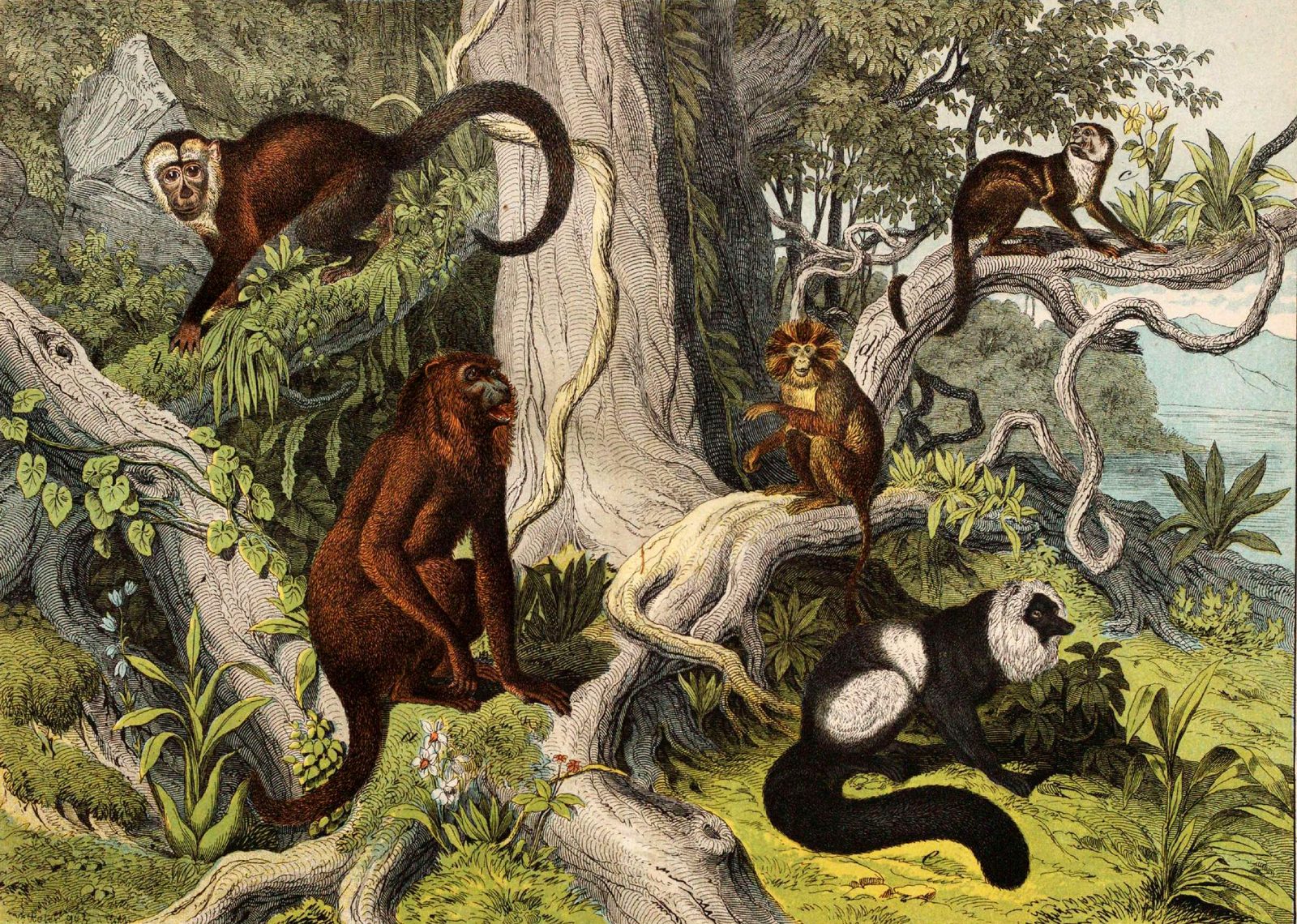


Jay Richards Dismantles Carl Sagan’s Passive Theist
On today’s ID the Future, philosopher Jay Richards and host Eric Anderson wrap up their conversation about a video where Carl Sagan plumps for atheism. At one point Sagan suggests that if we give up on the belief in God, then we realize that we’re on our own and instead of waiting around for God to save us, we can roll up our sleeves and save ourselves and our planet. Richards notes that Sagan’s argument involves a strawman view of the Judeo-Christian worldview, which is miles apart from the idea of sitting around doing nothing while waiting for God to save us. As Richards and Anderson discuss, it’s no coincidence that the Christian West invented universities, hospitals, and science. What Read More ›

How to Destroy Love with Darwinism
On today’s ID the Future, host Andrew McDiarmid presents an Evolution News essay, “How to Destroy Love with Darwinism.” Altruism as defined by evolutionists means “behavior by an animal that may be to its disadvantage but that benefits others of its kind.” It’s not an easy fit with Darwinism, since Darwinian evolution is all about passing your favored genes onto your offspring. How can a creature do that if she gives her life for another, particularly when it’s not even her own children, and before she has produced any offspring? Such individuals fail to pass on their own genes — a seeming conundrum for Darwinism. Evolutionists have made some progress (they think) explaining such things with theories of group selection Read More ›

Cornelius Hunter: Determinism is Bizarre and Self-Defeating
On this ID the Future Cornelius Hunter continues discussing determinism, which he describes as a “bizarre position” held “with great confidence” by scientists such as the German physicist Sabine Hossenfelder. It’s bizarre, says Hunter, because if it’s true, then the universe’s initial conditions and the laws of nature produced the particular works of Beethoven and Shakespeare willy nilly. If it’s true, then all one says or thinks — right or wrong, true or false — was determined some 13.8 billion years ago. But if that’s the case, then there are no reasonable grounds for concluding that one’s belief in determinism is true. And like David Hume’s argument against miracles, determinism makes a false dichotomy between natural law and free will. Read More ›

Cornelius Hunter on the Determinedly Determinist
On this ID the Future Cornelius Hunter discusses the controversy over determinism and free will. Joined by host Michael Keas, Dr. Hunter, a specialist in biophysics and computational biology, takes listeners all the way back to Aristotle, then to Newton, then to Pierre-Simon Laplace, who theorized that a sufficient computation could determine the future based on just the universe’s initial conditions and the laws of nature. Laplace was a physical determinist, in other words, one who holds that the laws of nature determine everything. That includes human choices, which determinists today, such as German theoretical physicist Sabine Hossenfelder, take to be merely an illusory experience. But it’s “an irrational rejection of evidence” on their part, Hunter argues; evidenced by how Read More ›

Richard Weikart on How Darwinism Fueled Scientific Racism

A Neuroscientist Takes on Scientism and the Science Worshippers
On this episode of ID the Future we hear bonus material on the mind from the Discovery Institute’s new Science Uprising video series. Materialist philosophy says we’re no more than our brains; that we’re wet robots, in essence. Also, scientism, rooted in materialism, holds that science is the only path to knowledge. Here, a distinguished research neuroscientist take on those dogmatic claims and discusses some clinical evidence that mind is not reducible to the brain.